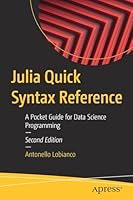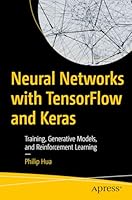
Mathematics for Civil Engineers: An Introduction
- Length: 196 pages
- Edition: 1
- Language: English
- Publisher: Dunedin Academic Press
- Publication Date: 2017-11-16
- ISBN-10: 1780460848
- ISBN-13: 9781780460840
- Sales Rank: #3448204 (See Top 100 Books)
Mathematics for Civil Engineers provides a concise introduction to the fundamental concepts of mathematics that are closely related to civil engineering. By using an informal and theorem-free approach with more than 150 step-by-step examples, all the key mathematical concepts and techniques are introduced. Thus users of this textbook will gain the basic knowledge and understanding required for their work. Exercises are included In each chapter to give readers the opportunity to apply their new knowledge; the answers to these dozens of exercises are provided at the end of the book.Topics include functions, trigonometrical functions, equations, polynomials, vectors and matrices, eigenvalues and eigenvectors, tensors, differentiation, integration, advanced calculus such as double integrals and special integrals, complex numbers, differential equations, Fourier series and transforms, Laplace transforms, probability and statistics, curve-fitting and linear regression. Advanced topics include partial differential equations and integral equations, root-finding algorithms for nonlinear equations, numerical methods for solving differential equations, optimization and nonlinear optimization.Mathematics for Civil Engineers allows undergraduates and civil engineers to develop a necessary, essential, knowledge of engineering mathematics. Many of the worked examples are chosen to reflect situations and problems in civil engineering practise. Examples include moment of inertia, second moment of area, beam buckling, harmonic motion and forced harmonic motion, elasticity, transfer function, waves and heat transfer, maximization and minimization and many others. All these topics and examples will help readers to gain more insight and to build sufficient confidence in applying engineering mathematics for problem solving in real engineering situations. This book may also be useful for practitioners in other engineering disciplines to improve their basic mathematical skills.







